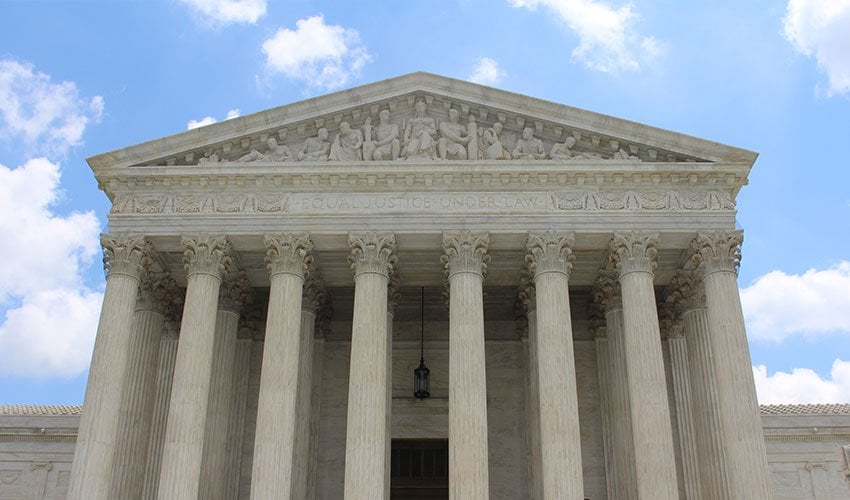
Every year, the number of FCRA class action lawsuits against employers keeps growing. The main reason for this: there’s money to be made. With a number of well-publicized high-dollar settlements, including Home Depot’s $3 million and Publix Super Market’s $6.8 million, as well as the potential for large payouts, it’s expected that this trend will continue.
Such high settlements are still “cheap” in the face of what a company could be facing in damages and fines if a judgement is lodged against it. In cases where a plaintiff proves a willful violation of the FCRA, he can recover statutory damages of $100-$1000 per violation, as well as attorney’s fees and punitive damages. These numbers quickly add up as more people are involved, and there can be a great many applicants included in one of these cases.
The lawsuits tend to center around a couple of common violations. These include problems with the disclosure and authorization forms, and not following proper adverse action procedures.
Disclosure Form Issues
Many times, the plaintiffs in these types of lawsuits claim that the company did not provide a “stand alone” disclosure. Common claims are that the disclosure was part of the application form or contained extraneous information, such as a release of liability.
Another issue regularly cited in these cases is that the plaintiff did not give consent for a background investigation prior to it being done.
Adverse Action Issues
The FCRA requires that before rejecting a job applicant, denying a promotion, reassigning or terminating an employee based in whole or in part on information obtained in a consumer report, employers must follow a two-step adverse action process (for more details about the adverse action process, check out the article Adverse Action: What It Is and What You Need to Know).
Many FCRA class action lawsuits that claim employers did not follow the adverse action process correctly claim that employers didn’t follow pre-adverse action correctly, did not provide the proper required notices, or did not wait long enough before sending the final adverse action notice.
Protecting Your Organization
Some of the steps you can take to protect your company include reviewing your consent forms and your organization’s adverse action process. Make sure that your disclosure forms do not include extraneous information, and ensure that they are signed prior to ordering a background check.
You should also carefully review your adverse action process, making sure you are waiting the proper amount of time and that you are including all proper notices. It may also be beneficial for you to consult with a qualified background screening organization and/or legal expert to ensure your organization is in compliance with federal, state and local laws and regulations.
Background & Drug Screening Services
Member receive over 20% off standard background screening products.
